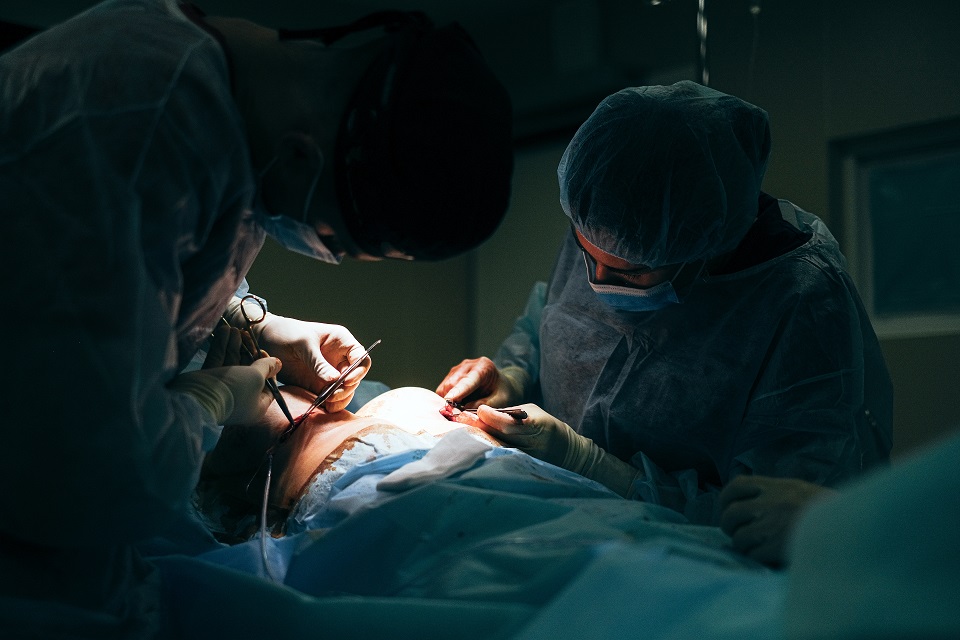Plastic surgery is an invasive procedure that changes the body’s structures. This means it takes time for the body to heal and adjust to these alterations.
Resting is vital to recovery, but you should stay in bed only for some days. Here are five tips for recovering from plastic surgery:
Table of Contents
Don’t Overdo It
Plastic surgery can transform your appearance, but it is an invasive procedure that alters the structures of your body. These alterations take time to heal and adjust to, which can result in a lengthy recovery period.
While resting after plastic surgery is essential, you should stay active and eat a healthy diet. This will help speed the healing process and reduce the risk of complications.
Before your surgery, it is a good idea to designate a helper for when you are recovering so that they can handle any tasks you cannot perform independently. Having someone around to prepare meals, run errands, and clean can free up your time to focus on recovery.
Take Your Painkillers
Bellevue plastic surgery procedures are invasive by nature. While a skilled surgeon will ensure minimal pain felt post-procedure, patients can’t have an entirely pain-free experience. You must take your prescribed painkillers to help manage any discomfort following your treatment.
Many different factors will determine how much pain you feel after surgery. For example, your pain threshold will vary based on genetics and other factors.
Some of the most common painkillers are ibuprofen and acetaminophen, which can be bought over-the-counter in tablet form or liquid formulations. Your surgeon will prescribe a medication plan specific to your procedure, considering any medical conditions that could affect your response to drugs.
Follow Your Surgeon’s Aftercare Instructions
You must follow your surgeon’s aftercare instructions after any surgery. This will help the recovery process go more smoothly and avoid any complications that may arise.
For example, if your surgeon recommends walking, this is a great way to exercise and move around. Movement helps your body heal and decreases pain, but strenuous exercise can re-open incisions.
Also, please don’t wash your incision sites until your plastic surgeon tells you it is safe. This can lead to infection and scarring.
Having someone who can drive you and run errands while recovering from plastic surgery is also a good idea. This will keep you from moving while taking prescription pain meds and can prevent accidents.
Stay Hydrated
Whether recovering from breast implants, a facelift, or another cosmetic surgery procedure, consuming food and drink can impact your recovery. That’s why it is essential to stay hydrated before and after surgery.
Hydration is essential to helping blood carry nutrients throughout the body and to help heal incisions and suture sites. It also helps to minimize side effects from pain medications.
Try to drink six to eight 8-ounce glasses of water a day. Avoid caffeinated beverages and alcohol, as these can dehydrate you faster. Avoid salt, as excess sodium can lead to fluid retention and prolong puffiness and swelling after surgery. This may even interfere with the effectiveness of your post-surgical painkillers.
Stay Active
There’s no denying that working out is a great way to stay healthy and boost your overall appearance, but resuming a workout regimen too soon after plastic surgery can lead to complications. If you jump back into a routine before your body is healed, you could experience sweating too much, which can increase the risk of an infection at the surgical site. In addition, if you have breast implants placed beneath the pectoral muscles, intense exercise can also cause them to shift.
Many cosmetic surgeons agree that light walking is a great way to maintain your health post-surgery. This helps promote blood circulation and can prevent issues like deep vein thrombosis, often in people who remain sedentary for long periods.



